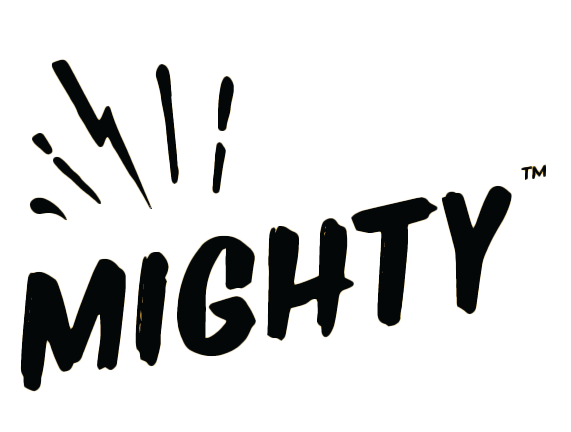
MIGHTY Climate Action Projects - Forest Protection, Pará, Brazil
It is a special and unique ecosystem, the "Várzea" in Pará on the Brazilian Amazon estuary. The island of Marajó is crossed by waterways, for centuries the landscape has been shaped by small farmers. As a transport artery, the Amazon favours agriculture and livestock breeding - which in turn results in more and more deforested areas.
On more than 86,000 hectares, the Ecomapuá project protects the forest and prohibits commercial deforestation. It creates alternative sources of income for residental families, for example by trading the açaí fruit. This berry is not only popular in Brazil, but is also increasingly demanded as superfood in industrialized countries. Because the project promotes development in one of the poorest regions in northeastern Brazil, it is certified with the Verified Carbon Standard and the Social Carbon Standard.
How does forest protection help fight global warming?
Forest protection projects ensure that forests are preserved in the long term and that the protection of forests is given a higher value than their deforestation. Together with the local population, project participants protect the area from negative influences. To allow for this the projects create alternative sources of income and educational opportunities. Depending on the project region, forests store varying amounts of carbon per hectare. Particularly high amounts of carbon are stored in the vegetation and soil of tropical swamp forests, primary rainforests or mangroves.
Contribution to the UN Sustainable Development Goals (SDGs)
![]()
No Poverty
Improved livelihoods and income generation for 800 families in one of Brazil's poorest areas.
![]() Zero Hunger
Zero Hunger
Establishing vegetable gardens, fish tanks and poultry farms; beekeeping trainings promote new sources of income (e.g. selling honey).
![]() Quality Education
Quality Education
Sponsorship for a school (meals, teacher salaries, infrastructure); fire brigade training for local families.
![]() Gender Equality
Gender Equality
The COAMA açaí cooperative consists of >20% women and is being led by a female president.
![]() Decent Work & Economic Growth
Decent Work & Economic Growth
Jobs for >50 members of the COAMA cooperative for the sustainable cultivation and sale of açaí.
![]() Reduced Inequalities
Reduced Inequalities
The tree nurseries and the açaí production are owned by the local communities.
![]() Responsible Consumption & Production
Responsible Consumption & Production
Production of organic açaí and other sustainable agroforestry products instead of deforestation; Fairtrade certification of açaí expected in 2022.
![]() Climate Action
Climate Action
Preservation of 86,270 hectares of rainforest, saving 145,000 tons of carbon emissions per year.
![]() Life on Land
Life on Land
Protecting a highly endangered ecosystem including endemic plant species; plan for afforestation with native species on 2,000 hectares.
![]() Partnerships for the Goals
Partnerships for the Goals
Monthly exchange with similar projects across the globe to improve management, share ideas and experience.




Project standard:
Verified Carbon Standard (VCS)
Social Carbon (SC)

